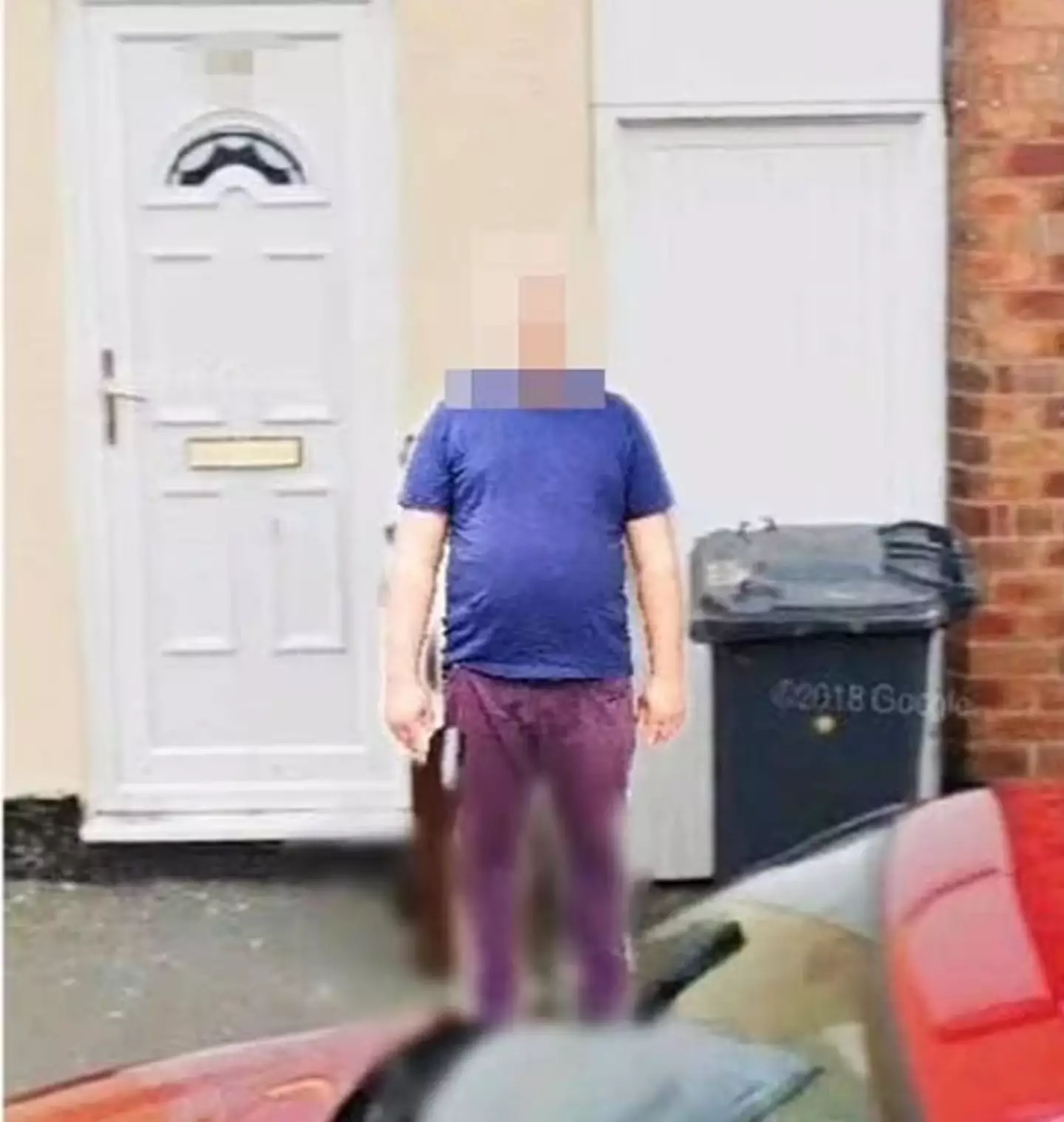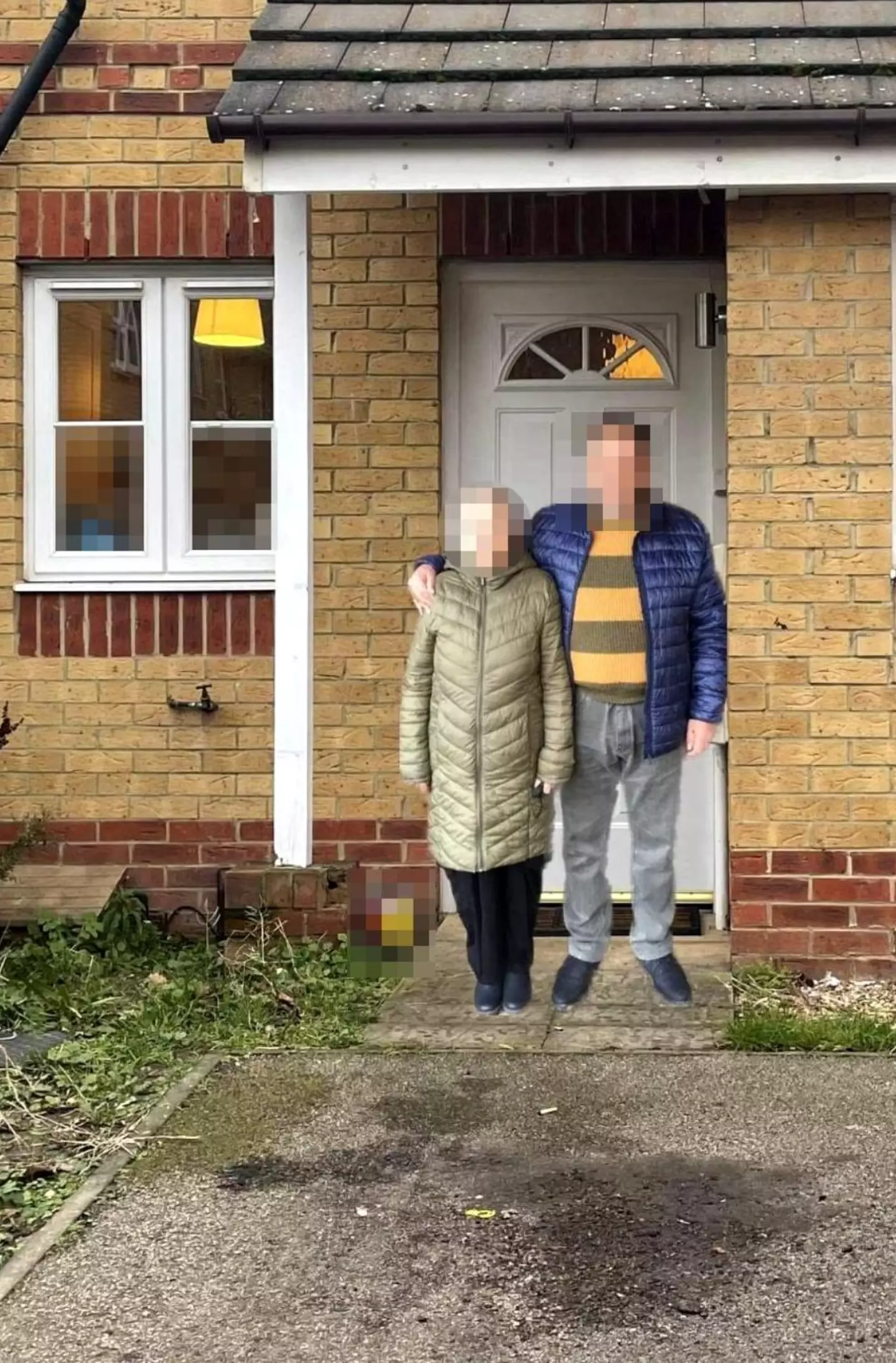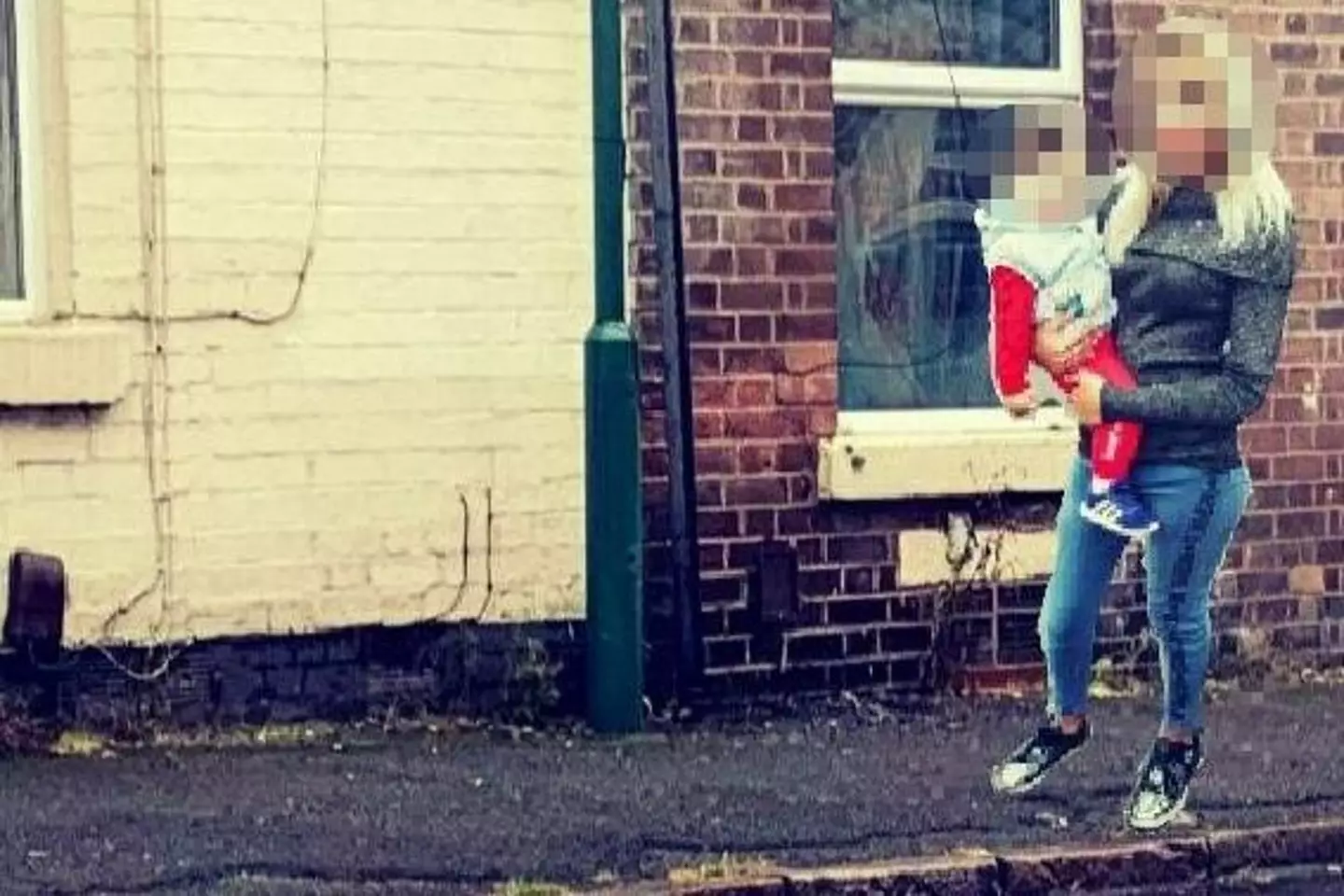
We've heard of Photoshop fails before but this takes the cake.
When the Department for Work and Pensions (DWP) became suspicious one man who they believed was living abroad while claiming benefits in the UK, they asked him to take a picture of himself by his front door.
The picture they received, however, raised alarm bells because he had been crudely photoshopped into the scene.
Not only had the amateur photoshop job basically exposed the man’s wrongdoings, the house he’s ‘standing’ in front of is just a picture from Google Maps’ Street View.
Advert
The Google copyright logo can also be seen in the picture in front of the bin.
A cut-out can also be seen around the gentleman’s silhouette and the Google Street View camera visible in the reflection of the car outside.

Surprisingly, this wasn’t a unique case as the DWP’s counter fraud regional office has identified numerous cases of bogus claims using similar Photoshopped pictures.
In one example, a fraudulent picture of a green door which appeared in a number of claims was traced back to the picture-sharing social media site Pinterest.
Advert
In another poorly edited picture, a woman can be seen holding a baby on a British street however her feet don’t touch the ground.
While another snap sees a middle-aged couple levitating on their doorstep.

The DWP’s counter fraud office gave The Times exclusive access to the work carried out by highly trained digital forensic analysts.
The digital forensic analysts and investigators combat bogus claims, which reached a total of £8.5 billion last year.
Advert
A surge in Universal Credit claims came in once the pandemic hit, with more people needing financially support.
Unfortunately, this also led to an increase in fraudulent claims which was partly driven by gangs aiming to take ‘advantage’ of the relaxed rules on applications.
Fraud spiralled out of control during the pandemic and it seems Photoshop is a go-to method for people looking for a quick - and very illegal - cash grab at the expense of taxpayers.

To combat the increased fraud, the DWP quickly established an enhanced review team consisting of 1,000 employees in seven regional offices, The Times reports.
Advert
There were about 172,000 applications that appeared fraudulent and automatically suspended. The claimants were invited to an interview to prove they were legitimate but the publications reports that very few followed through with an interview.
Wading through photoshopped images has helped save taxpayer money, as more fraudulent claims are thwarted.
Recently, the DWP received a cash injection of £600 million to end 2,000 specialists. This will generate £2 billion of savings.
Topics: UK News
